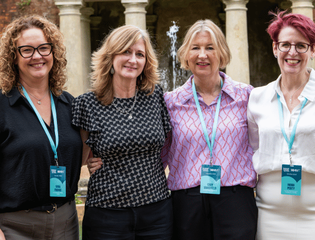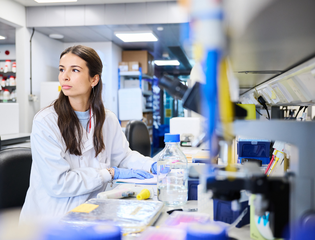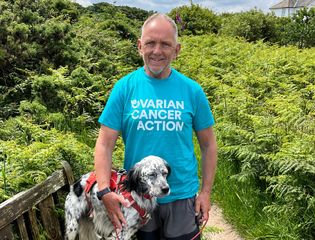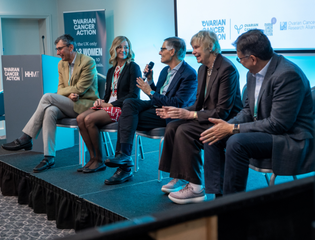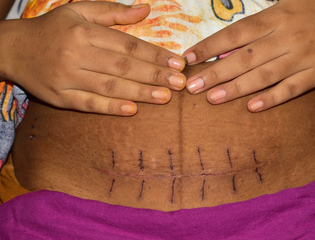Donate Today
One-off donation options
-
£5
Could support life-saving awareness campaigns that educate women, health professionals and high-risk communities about the symptoms of ovarian cancer.
Donate £5 -
£10
Could fight the inequality that women with ovarian cancer receive in diagnosis and treatment depending on where they live in the UK.
Donate £10
Monthly donation options
-
£5
Could support life-saving awareness campaigns that educate women, health professionals and high-risk communities about the symptoms of ovarian cancer.
Donate £5 -
£10
Could fight the inequality that women with ovarian cancer receive in diagnosis and treatment depending on where they live in the UK.
Donate £10


